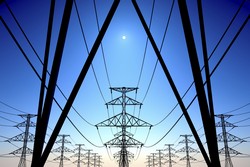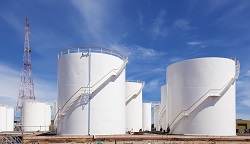Cutting-edge tools for power distribution system
Distributed generation (DG) or distributed energy is generated by a variety of small grid-connected devices known as distributed energy resources (DERs). Large-scale connection and management of DERs in the distribution network presents several challenges for European distribution system operators (DSOs) tasked with managing, maintaining and developing an effective electricity distribution system. New control and management architectures, as well as advanced planning methods and operational tools for distribution systems, are needed. The SUSTAINABLE (Smart distribution system operation for maximizing the integration of renewable generation) project aimed to deliver efficient solutions for managing distribution, thereby enabling large-scale integration of variable RESs without risking operating conditions. It demonstrated that by employing the appropriate input data and tools, the flexibility and reliability of the distribution system can be enhanced. Researchers mapped existing smart grid technologies and services used by DSOs and defined common SUSTAINABLE architecture. A set of advanced tools to support network operation were developed, including load and RES forecasting, state estimation, voltage control and technical virtual power plant operation. These tools were tested and validated through simulation and proof-of-concept in controlled conditions and a real smart grids pilot located in Évora, Portugal. In addition, advanced protection schemes were also proposed and extensively tested and evaluated in laboratory conditions. Moreover, a regulatory analysis was performed, which involved mapping the functionalities developed and regulatory topics. It also revised the current regulatory framework found in Greece, Germany, Portugal and the UK. Main barriers to implementation were identified through questionnaires and a set of recommendations to help overcome them. Also, scalability and replicability issues were addressed, which are important for the large-scale deployment of the SUSTAINABLE concept. In addition, project partners assessed the impact of the SUSTAINABLE concept in terms of DG hosting capacity, and produced a cost-benefit analysis based on outcomes from the demonstration sites. Adoption of the SUSTAINABLE concept will not only affect the distribution network business, it will also influence the overall energy system and its participants, particularly final consumers and distributed energy sources promoters. SUSTAINABLE will therefore help European DSOs to improve system efficiency and smart grid reliability while reducing operational costs and energy losses.







